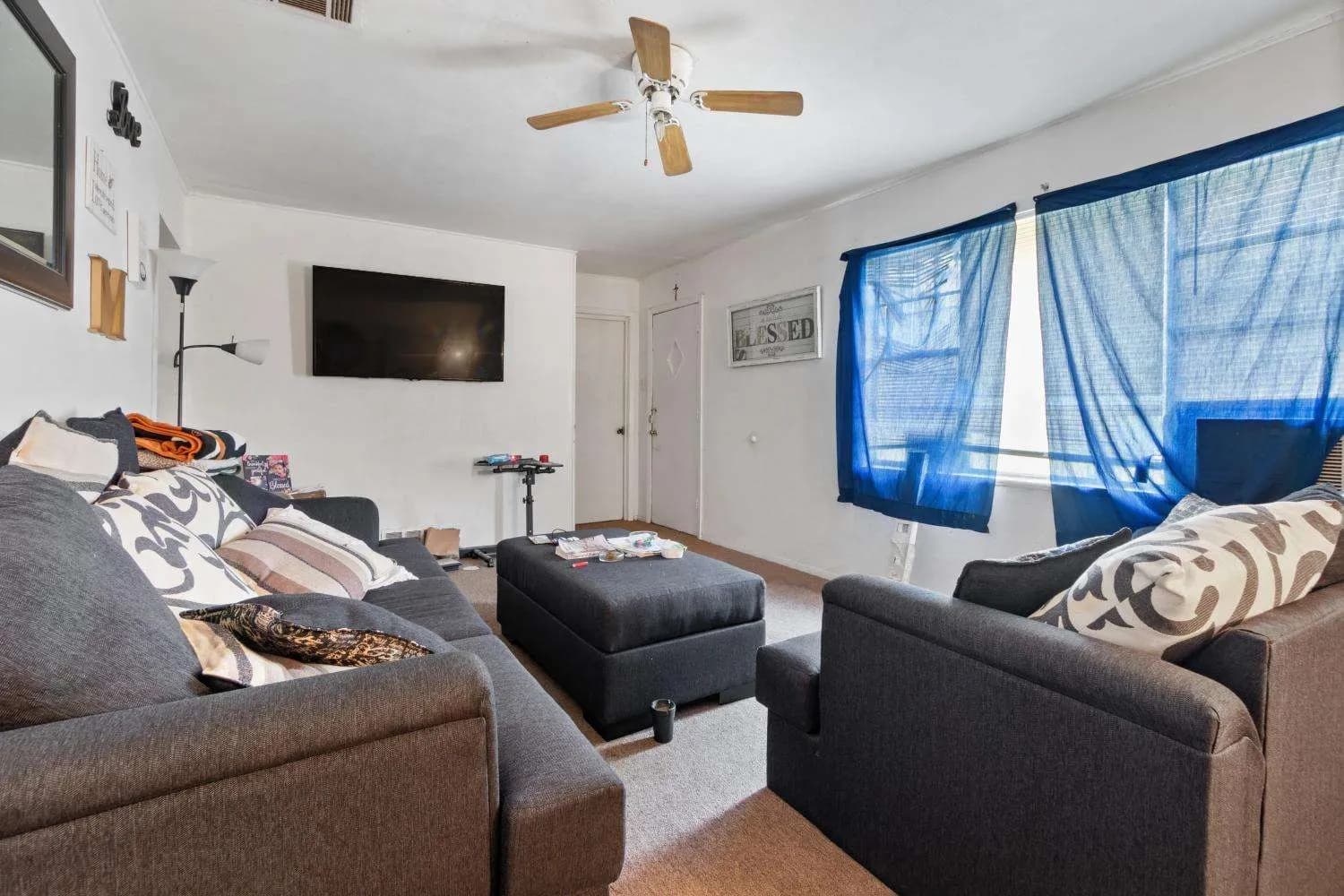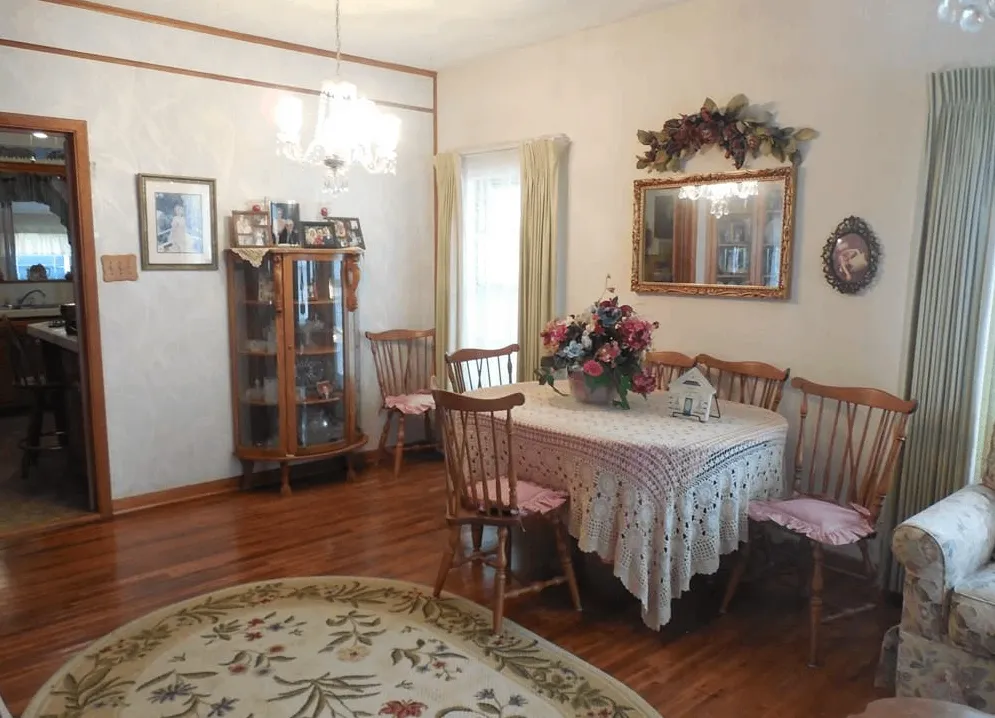How to sell your home without a real estate agent
Save on agent fees by handling pricing, marketing, showings, and paperwork yourself for a smooth and profitable home sale.

Selling your home without a real estate agent, also known as For Sale By Owner (FSBO), is a direct approach to real estate transactions that can offer significant savings on commission fees. This process involves the homeowner taking on all the responsibilities of a listing agent, including pricing the property, marketing it to potential buyers, hosting showings, and navigating the legal paperwork to close the sale. Success in an FSBO sale hinges on meticulous preparation, a deep understanding of the local real estate market, and a commitment to handling the complexities of the transaction independently.
The primary motivation for homeowners choosing the FSBO route is the potential to avoid paying a listing agent's commission, which typically ranges from 2-3% of the home's sale price. However, this path demands a significant investment of time and effort. From conducting a comparative market analysis to determine an accurate listing price to creating compelling marketing materials and negotiating offers, the seller assumes full control and responsibility for every stage of the process. This guide provides a comprehensive framework to navigate the intricacies of selling your home yourself, ensuring you are well-equipped to manage the sale from listing to closing.
The For Sale By Owner Process Unpacked
Successfully navigating an FSBO sale requires a structured approach. Breaking down the process into manageable steps can help maintain organization and ensure all critical tasks are completed.
Preparing Your Home for the Market
First impressions are crucial in real estate. A well-prepared home can attract more buyers and potentially command a higher selling price.
-
Deep Cleaning and Decluttering: A thorough cleaning of the entire house is essential. This includes shampooing carpets, washing windows, and scrubbing all surfaces. Decluttering personal items and excess furniture helps potential buyers visualize themselves in the space.
-
Repairs and Staging: Address any necessary repairs, such as leaky faucets or burnt-out light bulbs. Staging the home, whether by rearranging existing furniture or hiring a professional, can make rooms appear more spacious and inviting.
-
Curb Appeal: The exterior of your home is the first thing buyers will see. Enhancing curb appeal can be as simple as painting the front door, planting flowers, or ensuring the lawn is well-maintained.
Setting the Right Price
Pricing your home accurately is one of the most critical aspects of a FSBO sale. Overpricing can deter potential buyers, while underpricing can result in a financial loss.
-
Comparative Market Analysis (CMA): Research recently sold properties in your neighborhood that are similar in size, age, and condition. Online real estate platforms can be valuable resources for finding this information.
-
Professional Appraisal: For a more precise valuation, consider hiring a professional appraiser. An appraisal can provide an unbiased opinion of your home's worth and can be a valuable tool during negotiations.
-
Market Conditions: Be aware of the current real estate market in your area. In a seller's market with high demand, you may have more flexibility in pricing, whereas a buyer's market may require a more competitive price.
Marketing Your Property Effectively
To attract a wide pool of potential buyers, a multi-faceted marketing strategy is essential.
-
High-Quality Photos and Virtual Tours: Professional-quality photographs are crucial for online listings. Consider creating a virtual tour or video walkthrough to give buyers a comprehensive view of the property.
-
Online Listing Platforms: List your home on popular real estate websites like Zillow, Trulia, and ForSaleByOwner.com. These platforms receive high traffic from prospective buyers.
-
MLS Listing: While the Multiple Listing Service (MLS) is exclusive to real estate agents, you can pay a flat fee to an agent or a flat-fee MLS service to have your home listed. This significantly increases your property's visibility to buyers' agents.
-
Traditional Marketing: Don't underestimate the power of traditional marketing methods. Use "For Sale" signs, flyers, and local newspaper ads to reach potential buyers in your community.
Navigating Showings and Negotiations
Once your home is on the market, you will need to manage showings and negotiate offers from interested buyers.
-
Scheduling Showings: Be flexible and responsive when scheduling showings. Prompt communication is key to maintaining buyer interest.
-
Conducting Showings: During showings, highlight the best features of your home and be prepared to answer questions about the property.
-
Negotiating Offers: When you receive an offer, carefully review all the terms, not just the price. Be prepared to counteroffer and negotiate on aspects like closing costs and contingencies. Maintaining a professional and objective demeanor throughout the negotiation process is important.
Handling the Paperwork and Closing
The final stage of the FSBO process involves a significant amount of legal paperwork to ensure a smooth and legally sound transaction.
-
Essential Documents: Gather all necessary documents, including the original sales contract, property survey, mortgage statements, and homeowner's association documents.
-
Purchase Agreement: Once you accept an offer, a legally binding purchase agreement must be drafted. It is highly recommended to have a real estate attorney draft or review this document to protect your interests.
-
Disclosure Forms: Most states require sellers to provide buyers with a property disclosure statement, which outlines any known defects or issues with the home.
-
Closing the Sale: The closing is the final step where ownership of the property is transferred to the buyer. This typically takes place at a title company or an attorney's office, where all final documents are signed and funds are exchanged.
FSBO vs. Real Estate Agent: A Comparative Look
Deciding whether to sell your home yourself or hire a real estate agent is a significant decision. The following table outlines the key differences between the two approaches.
| Feature | For Sale By Owner (FSBO) | Real Estate Agent |
| Commission Fees | No listing agent commission (potential savings of 2-3%) | Listing agent commission (typically 2-3% of the sale price) |
| Control | Full control over pricing, marketing, and showings | Agent provides expertise and guidance on pricing and marketing |
| Time Commitment | Significant time investment required for all aspects of the sale | Agent handles most of the day-to-day tasks |
| Expertise & Resources | Relies on personal research and available online tools | Access to MLS, professional networks, and market data |
| Negotiation | Direct negotiation with buyers or their agents | Agent negotiates on your behalf with experience and market knowledge |
| Legal Liability | Higher potential for legal risks if paperwork is handled incorrectly | Agent and broker carry errors and omissions insurance, reducing seller liability |
Market Data: According to the National Association of Realtors®' 2024 Profile of Home Buyers and Sellers, FSBOs accounted for 6% of home sales. The typical FSBO home sold for $380,000 compared to $435,000 for agent-assisted home sales.
Things to Consider Before Making a Decision
Before committing to the FSBO path, it's essential to honestly assess your capabilities and the current market conditions. For additional guidance, financial institutions like Fidelity offer resources on the process.
-
Time and Availability: Selling a home is a full-time job. Consider whether you have the time and flexibility to field calls, schedule showings, and manage all the necessary tasks.
-
Market Knowledge: Do you have a solid understanding of your local real estate market? Accurately pricing your home and understanding market trends are crucial for a successful sale.
-
Negotiation Skills: Are you comfortable negotiating directly with buyers and their agents? Strong negotiation skills are essential to securing a favorable deal.
-
Legal Complexities: Are you prepared to handle the legal paperwork involved in a real estate transaction? Errors in legal documents can lead to significant problems, including the potential for lawsuits.
Bonus Tip: If you are unsure about handling all the legal aspects, consider hiring a real estate attorney to assist with the contract and closing process. This can provide peace of mind and help mitigate legal risks.

Bright, organized home interior showing proper preparation before selling, highlighting cleanliness and a move-in-ready feel for buyers.
Our Services
While this guide provides a comprehensive overview of the FSBO process, OT Home Buyers Properties understands that some homeowners may prefer a more streamlined and hassle-free selling experience. The following services are offered:
-
Cash Offers: Receive a fair, no-obligation cash offer for your home, eliminating the uncertainties of a traditional sale.
-
As-Is Purchases: Sell your home in its current condition without the need for costly repairs or renovations.
-
Fast Closings: Close on your timeline, often in as little as a few weeks, providing a quick and efficient selling solution.
Frequently Asked Questions
What legal documents do I need to sell my house by owner?
The specific documents required can vary by state, but generally, you will need the property deed, a seller's disclosure statement, a purchase agreement, and title reports. It's also wise to have copies of recent utility bills, property tax receipts, and any warranties for appliances.
How do I handle offers and counteroffers?
When you receive an offer, it's important to respond in writing in a timely manner. You can accept the offer, reject it, or present a counteroffer. A counteroffer should clearly state your proposed changes to the price or terms.
What are the common contingencies in a real estate contract?
Common contingencies include a home inspection, the buyer's ability to secure financing, and a satisfactory appraisal of the property. These clauses protect the buyer by allowing them to back out of the contract under certain conditions.
Do I need a lawyer to sell my house by owner?
While not legally required in all states, it is highly recommended to hire a real estate attorney to help with the legal aspects of the sale, especially with drafting and reviewing the purchase agreement and closing documents.
What closing costs are involved in an FSBO sale?
Even without a listing agent's commission, you will still be responsible for certain closing costs. These can include title insurance, transfer taxes, and attorney fees. You may also negotiate to pay a portion of the buyer's closing costs.
SOURCE
-
National Association of Realtors®: National Association of Realtors
-
Zillow: Zillow
-
Fidelity: Fidelity
Related Articles
By William Henry • Oct 25, 2025
When is the best time to sell your home?
Discover the best time of year to sell your house faster and for more money based on market trends.
By William Henry • Oct 27, 2025
Selling Your First Home? Avoid These 5 Costly Mistakes Every Newbie Makes
A clear guide to pricing, staging, marketing, and negotiating your first home sale successfully
By Vince Chimoga • May 19, 2025
How to Sell Your House Fast Without a Realtor
Learn practical tips to sell your house quickly without using a real estate agent, from pricing it right to marketing it effectively.